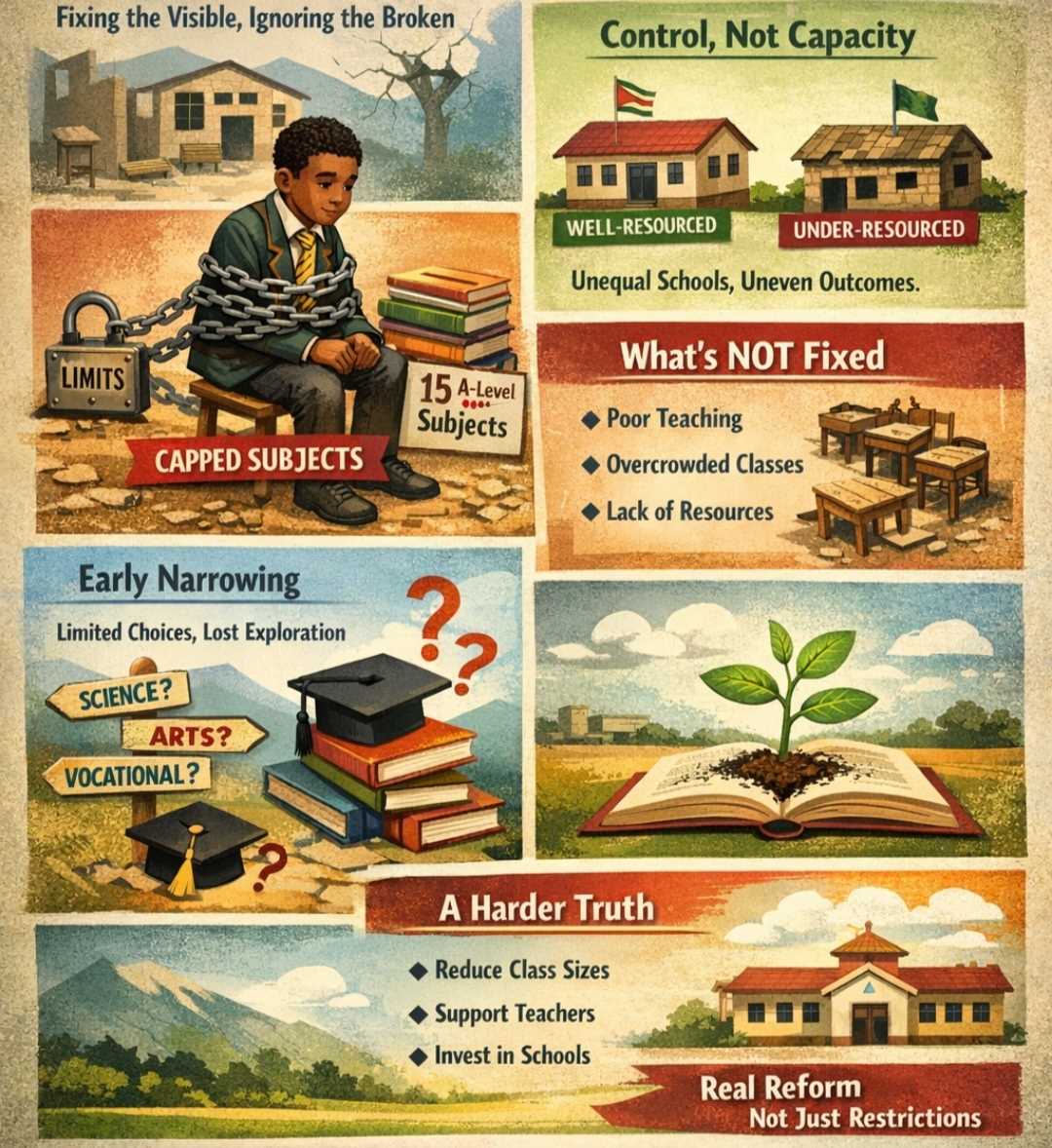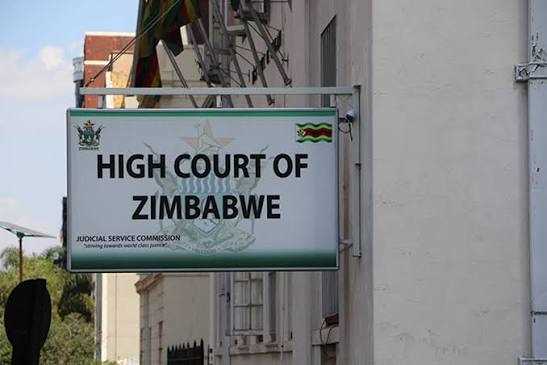
Audrey Galawu
CARE Zimbabwe, in collaboration with the Department of Civil Protection and 19 local civil society partners, have signed the Zimbabwe Humanitarian-Development Partnerships Platform, an agreement charter to support joint humanitarian response and development initiatives.
The primary objective of the ZHDPP charter is to strengthen the effectiveness and efficiency of CARE and its partners’ humanitarian and development plans and work, through coordination, decision-making, and collective action.
CARE Zimbabwe Country Director, Patrick Sikana emphasised that the ZHDPP will help to build better communities that manage and adapt to emerging shocks and stresses in an ever-changing world.
“Through this partnership, we see us pooling knowledge, resources and expertise together to create tangible and sustainable humanitarian response to bring lasing change in the lives of people we work with.
“This platform operates at the humanitarian development nexus level, which is a partner-based emergency preparedness, response and resilience building network. It will contribute and increase pathways to securing possible resources for the government and local actors within the humanitarian aid sector in Zimbabwe,” Sikana said.
Chief Director for Ministry of Women Affairs Small and Medium Enterprise Development, Lilian Matsika Mutasa said ZHDPP is a collective determination to address persistent challenges that women and girls encounter in the face of disaster and this partnership is designed to foster collaboration, coordination, and exchange of resources to advance the rights and opportunities of women in Zimbabwe.
Department of Civil Protection Deputy Director, Dr Farai Hokonya said the charter is led by the government, which will be coordinating the partnerships.
“It is our belief that this nexus platform will help us be in a better position when it comes to disaster management.
Ownership of the project by the government, CARE Zimbabwe and partners, is imperative to make this initiative scalable and impactful. Coordination between all stakeholders in the government and the private sector will also be essential in making the platform work efficiently,” Hokonya said.
Related Stories
The DCP remains the overall principal in charge of all humanitarian emergency responses and will be the guiding authority within the partnership. The DCP holds the overall co-ordination of all relevant disaster management stakeholders.
Speaking to Zim Now, Apostolic Women Empowerment Trust national director, Tendayi Gudo said the agreement is about the Zimbabwe Humanitarian and Development Partnership Platform was developed to bring like-minded organisations to support humanitarian and development initiatives in Zimbabwe.
“The development of partnerships with current and future partner organizations for the effective development and implementation of programs to achieve common goals and increase impact.
“This partnership has come through for AWET to target the Apostolic community so that there is inclusion, and no Apostolic is left behind.
“AWET will benefit from coordinating and scaling up of technical and financial capacity through but not limited to capacity exchange programs.
“Collaboration to enhance the quality and timeliness of interventions. AWET will benefit from local, regional and global partnership strengthening.
“As a country, Zimbabwe, there should be prevention of disasters especially Cholera and Drought, immediate mitigation and preparedness is critical in response and recovery,” she said.
Among the signatories of the ZHDPP charter were Africa Ahead, Caritas, Childline, Musasa Project, Mwenezi Development Training Centre, Nutrition Action Zimbabwe, Apostolic Women Empowerment Trust, Childline Zimbabwe, Christian Care, Environment Africa, Federation of Organisations of Disabled People in Zimbabwe, Hand in Hand Zimbabwe, Lutheran Development Services, National Council of Disabled Persons of Zimbabwe, Organisation of Rural Associations for Progress, Padare/Enkundleni/Men’s Forum on Gender, and Tree of Life.
The organisations play an essential part in addressing various social issues such as nutrition, climate change, women empowerment, child protection, environmental conservation, disability rights, and rural development.




















Leave Comments